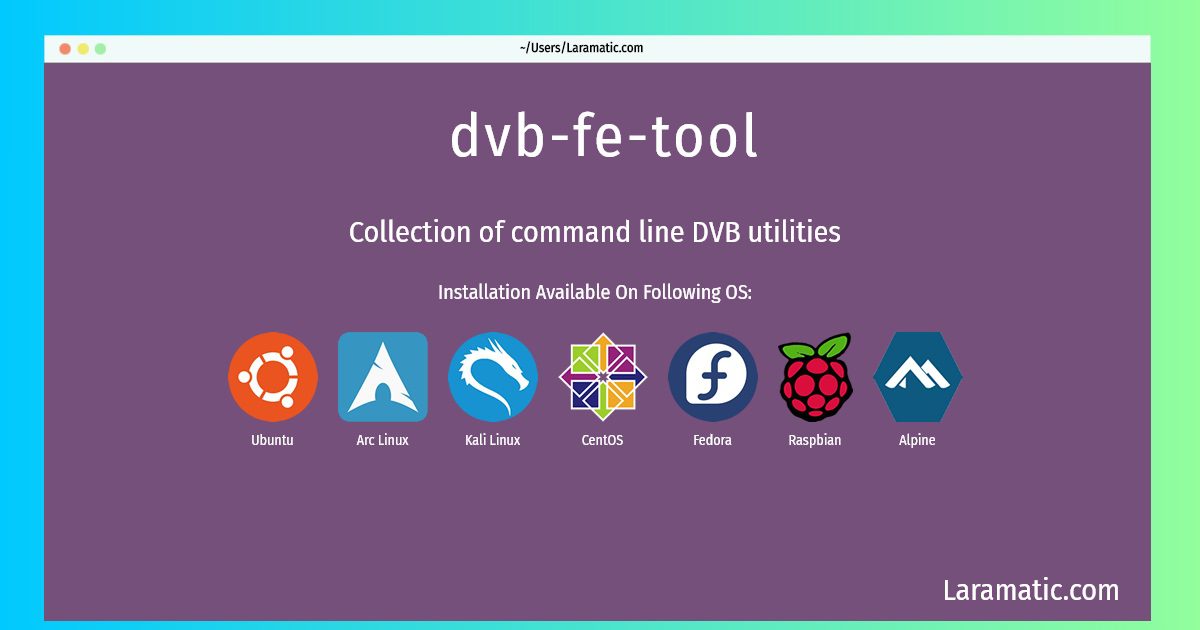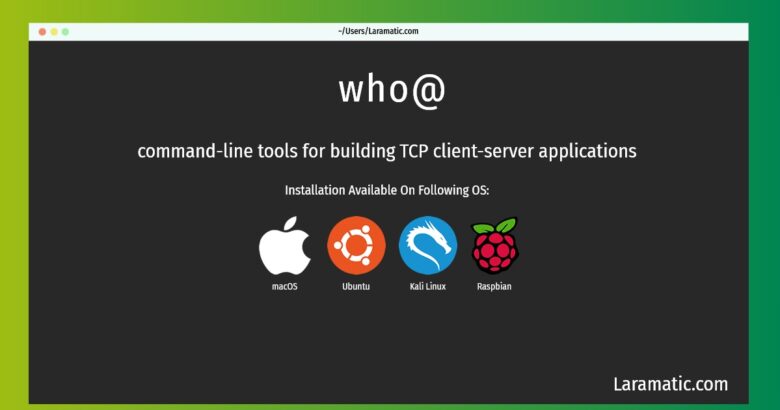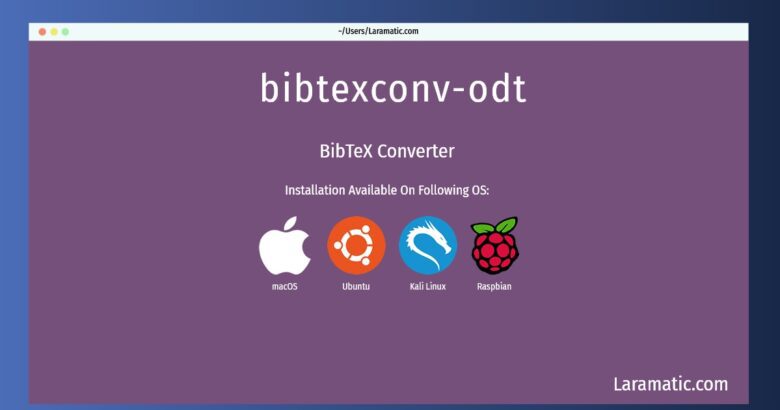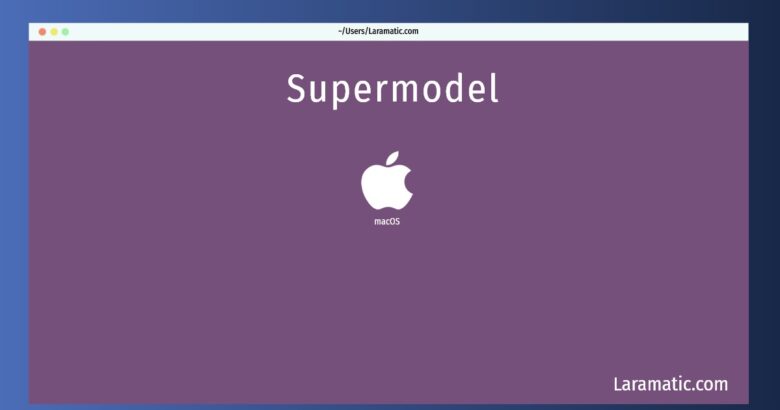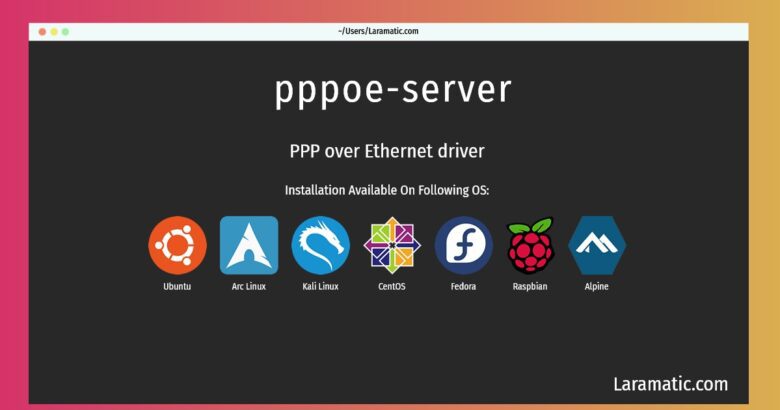Dvb-fe-tool Installation On A Debian, Ubuntu, Alpine, Arch, Kali, CentOS, Fedora And Raspbian
Install dvb-fe-tool
-
Debian
apt-get install dvb-toolsClick to copy -
Ubuntu
apt-get install dvb-toolsClick to copy -
Alpine OS
apk add v4l-utilsClick to copy -
Arch Linux
pacman -S v4l-utilsClick to copy -
Kali Linux
apt-get install dvb-toolsClick to copy -
CentOS
yum install v4l-utilsClick to copy -
Fedora
dnf install v4l-utilsClick to copy -
Raspbian
apt-get install dvb-toolsClick to copy
dvb-tools
Collection of command line DVB utilitiesThis is a series of tools written to help testing and working with DVB, using its latest V5 API. The tools can also work with the DVBv3 API. The current tools are: dvb-fe-tool: a simple test application, that reads from the frontend. it also allows one to change the default delivery system. In the future, it may be used to change any property via command line. dvb-format-convert: converts from zap and scan initial-tuning-data-file into the new format defined to work with DVBv5. dvbv5-scan: a DVBv5 scan tool. dvbv5-zap: a DVBv5 zap tool. It allows one to tune into a DVB channel, and to watch to a DVB service (e. g. receiving the video and audio streams, via another application using the dvr device).
v4l-utils
Collection of command line video4linux utilitiesv4l-utils contains the following video4linux command line utilities: decode_tm6000: decodes tm6000 proprietary format streams rds-ctl: tool to receive and decode Radio Data System (RDS) streams v4l2-compliance: tool to test v4l2 API compliance of drivers v4l2-ctl, cx18-ctl, ivtv-ctl: tools to control v4l2 controls from the cmdline v4l2-dbg: tool to directly get and set registers of v4l2 devices v4l2-sysfs-path: sysfs helper tool

